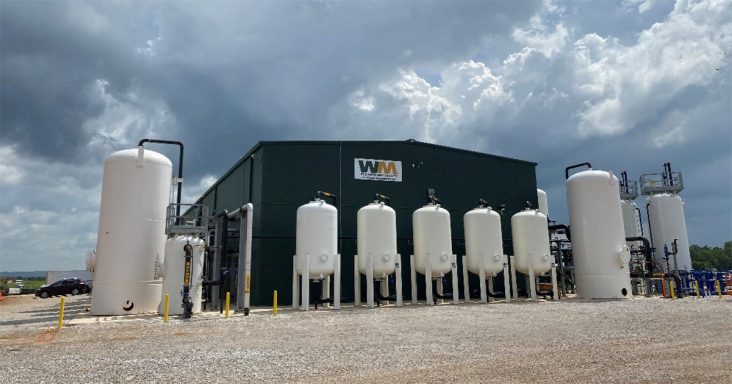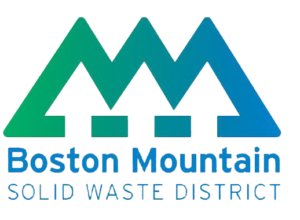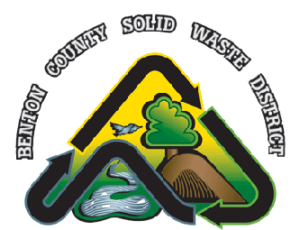Decomposing organic waste in Northwest Arkansas’ Eco-Vista Landfill is now powering vehicles and other natural gas customers in Arkansas and beyond.
WM, formerly Waste Management, opened its $35 million renewable natural gas operation at the Tontitown facility in May. Eco-Vista is the region’s primary landfill, accepting more than 600,000 tons of Benton and Washington counties’ waste last year.
Tens of thousands of those tons are made of food scraps and rotting waste, generating methane and carbon dioxide after being buried. The landfill for more than a decade had collected and burned those gases in generators that supplied a few megawatts of electricity to the local power grid.
The renewable natural gas facility is a bigger and more efficient replacement for that power generation, though parts of the old system will continue supplying electricity to the new building, according to WM. The facility collects the gas, processes and purifies it, then plugs it into Energy Transfer’s Enable Gas Transmission pipeline system that crisscrosses Arkansas, Oklahoma and other states.
We’re highlighting these changes first because the new operation is in a sense another form of recycling: Waste material is being converted into a new, usable form. Each year the company expects to recover enough gas to power 25,000 homes or 650 heavy-duty vehicles. Organic waste goes to the landfill after being missed by Northwest Arkansas’ recycling and composting operations, so someone might as well get some use out of it.
“The size of that little facility can provide enough gas to power a town,” Randy Beck, who leads WM’s renewable energy group, told Talk Business & Politics. “I think that’s pretty amazing.”
Second, Eco-Vista is an essential piece of the region’s waste and recycling puzzle. Its space is limited, and WM’s efforts to get expansion permits over the last few years have been hampered by the opposition of some of its neighbors. Having a local landfill keeps NWA’s trash bills relatively low, but that also means simply throwing stuff away is often a cheaper option than recycling. One way or another, we’re all connected to what happens there.













